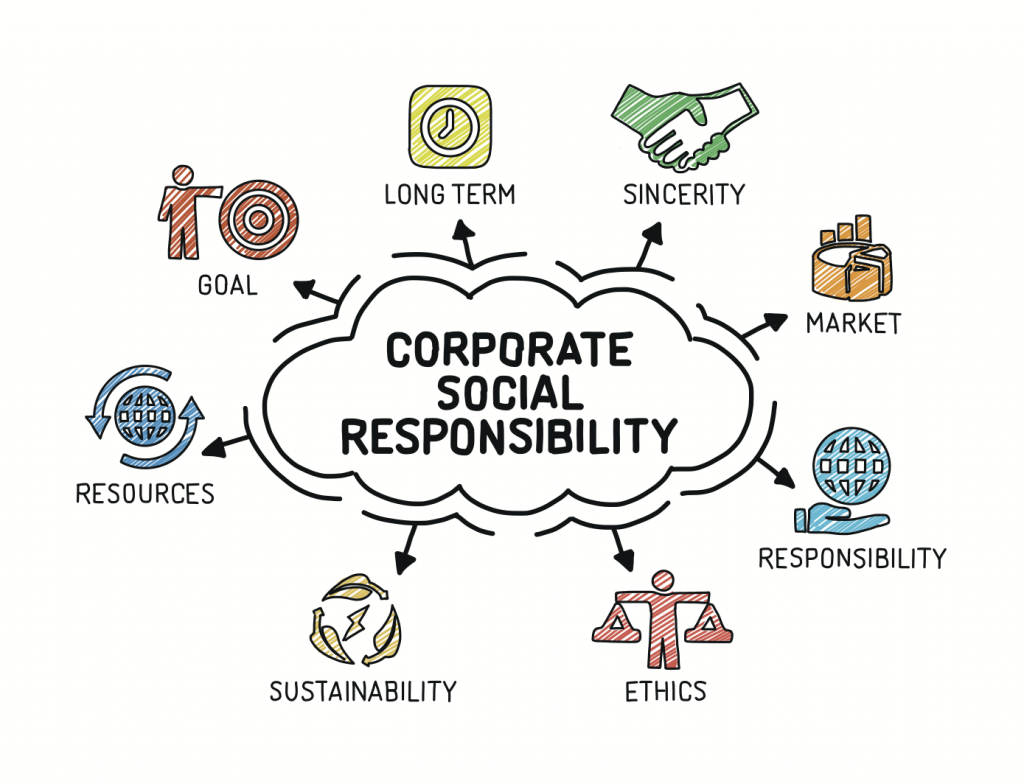Introduction
In recent years, the global industrial landscape has witnessed a significant shift towards sustainability and responsible business practices. Companies across various industries are increasingly recognizing the importance of integrating environmental concerns into their operations. This transformation is most evident in the concept of “Green Manufacturing” and its close association with Corporate Social Responsibility (CSR). This article explores the nexus between Green Manufacturing and CSR, highlighting how the two concepts can complement each other to create a more sustainable and responsible business environment.
Green Manufacturing: A Brief Overview
Green Manufacturing refers to the process of producing goods while minimizing the use of natural resources, reducing waste and emissions, and promoting energy efficiency. It embodies the principles of sustainability and environmental stewardship in manufacturing processes. Key elements of Green Manufacturing include:
- Sustainable Materials: Choosing eco-friendly materials that have a lower environmental footprint.
- Energy Efficiency: Employing energy-efficient technologies and practices to reduce energy consumption.
- Waste Reduction: Implementing strategies to minimize waste generation and promote recycling and reuse.
- Emission Control: Reducing air and water emissions, including greenhouse gases and pollutants.
- Eco-Design: Incorporating environmental considerations into product design to enhance sustainability.
Corporate Social Responsibility (CSR): An Overview
CSR is a business approach that goes beyond profit maximization to address the ethical, social, and environmental impacts of a company’s operations. It encompasses a wide range of practices aimed at benefiting not only shareholders but also stakeholders such as employees, customers, communities, and the environment. CSR initiatives typically include:
- Ethical Business Practices: Maintaining high ethical standards in business dealings.
- Community Engagement: Investing in local communities through philanthropy and volunteerism.
- Employee Well-being: Promoting fair labor practices, employee development, and work-life balance.
- Environmental Responsibility: Implementing eco-friendly practices and reducing the ecological footprint.
- Transparency and Accountability: Reporting on CSR initiatives and progress to stakeholders.
Linking Green Manufacturing and CSR
The connection between Green Manufacturing and CSR is profound and mutually reinforcing:
- Environmental Stewardship: Green Manufacturing inherently embodies environmental responsibility by reducing the ecological impact of production processes. This aligns with the environmental pillar of CSR, demonstrating a commitment to mitigating climate change, conserving resources, and protecting ecosystems.
- Stakeholder Satisfaction: CSR efforts, including those related to Green Manufacturing, enhance a company’s reputation and brand image. This positively impacts customers, investors, and employees, fostering a sense of pride and loyalty.
- Regulatory Compliance: Many countries have stringent environmental regulations. By embracing Green Manufacturing practices as part of CSR, companies can proactively address compliance issues, reducing the risk of legal and financial repercussions.
- Cost Savings: Green Manufacturing often leads to reduced resource consumption and waste generation. This not only benefits the environment but also translates into cost savings, contributing to the economic aspect of CSR.
- Innovation and Competitive Advantage: Pursuing sustainability through Green Manufacturing can drive innovation in product design and manufacturing processes. This can provide a competitive edge and open up new market opportunities.
Case Studies: Exemplifying the Connection
Several companies have successfully integrated Green Manufacturing with CSR to achieve both environmental and social benefits:
- Patagonia: This outdoor clothing company not only produces sustainable and eco-friendly products but also supports environmental causes. Patagonia’s commitment to reducing its environmental impact is a core element of its CSR strategy.
- Unilever: Unilever’s Sustainable Living Plan focuses on improving environmental performance across its product lifecycle, from raw material sourcing to product disposal. This initiative exemplifies how Green Manufacturing can be an integral part of CSR.
- Toyota: Toyota’s commitment to sustainability goes hand-in-hand with its reputation for quality. The company’s hybrid vehicles and efficient manufacturing processes showcase how Green Manufacturing practices can align with CSR principles.
Conclusion
The integration of Green Manufacturing with Corporate Social Responsibility is a powerful approach for businesses looking to create a sustainable and responsible future. By adopting eco-friendly practices in their manufacturing processes, companies not only reduce their environmental footprint but also enhance their reputation, engage stakeholders, and drive innovation. Ultimately, the synergy between Green Manufacturing and CSR paves the way for a more ethical, environmentally conscious, and economically viable business environment. As we move toward a greener and more responsible future, this synergy will continue to play a pivotal role in shaping the corporate landscape.
